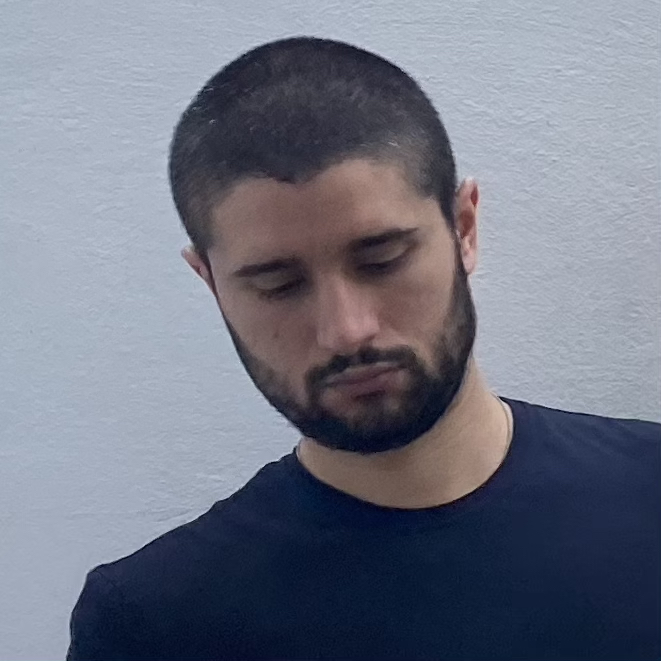In Music Information Retrieval (MIR) we develop algorithms for the automatic analysis of music. This can either operate at the musical content level (audio recordings, scores, etc.) and/or at the metadata level (tags, contextual descriptions, relationships, etc.), to automatically organise, search, and manipulate musical information. Examples include: music transcription, genre recognition, source separation, key detection, query by humming, etc.
Despite the general interest in MIR, my research focuses more on music structure analysis (detecting sections, phrases, motifs in a piece), music emotion recognition (predicting induced or expressed emotions from music) and music similarity. This encompasses the design of both computational models to address these tasks and any application built on top of them.
